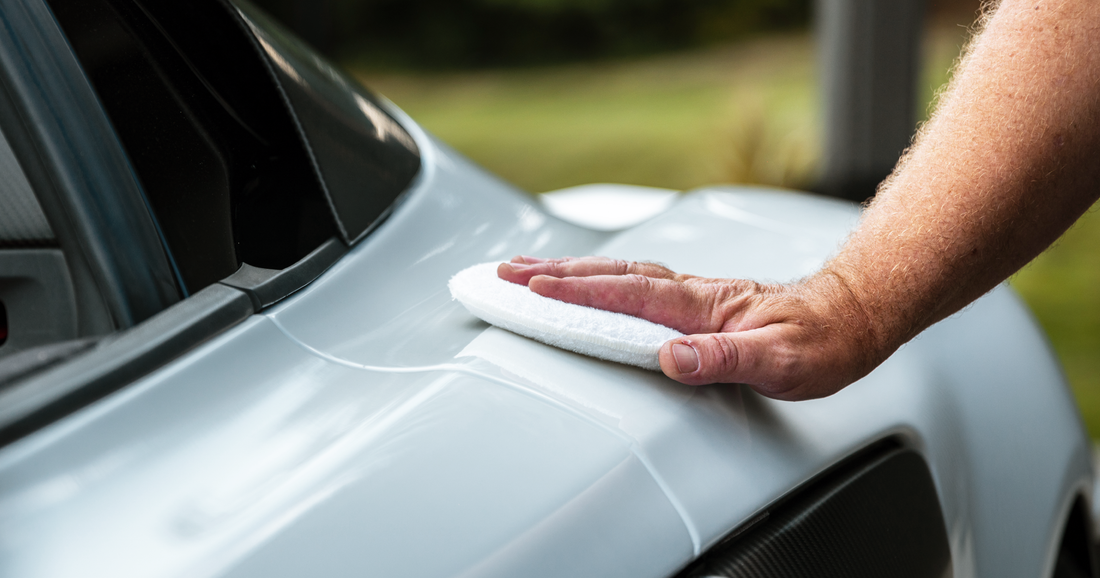All Categories
Featured

When it concerns vehicle possession, comprehending the distinction between regular repair and maintenance is important for both the long life of your car and your budget. While both are essential for maintaining your cars and truck in excellent working problem, they serve distinct functions and need various approaches. Below's a break down of what each term indicates, exactly how they differ, and why both are necessary for your vehicle.
Routine Upkeep: Maintaining Your Vehicle in Tip-Top Shape. Routine upkeep refers to the routine, scheduled services that are essential to maintain your lorry running efficiently and to prevent even more significant troubles from arising. These jobs are typically outlined in your auto's proprietor guidebook and are made to address the damage that naturally accompanies everyday use. Routine maintenance aids to capture minor concerns prior to they come to be major problems, prolonging the life of your cars and truck and improving its total efficiency.
Some typical examples of routine maintenance include:
Oil Changes: Routine oil changes are essential to maintain your engine lubed and running efficiently. A lot of lorries require an oil change every 3,000 to 5,000 miles, though newer models may go longer in between changes. Tire Turning: To make certain even tire wear and extend the life of your tires, normal tire turnings are necessary, typically every 6,000 to 8,000 miles. Brake Inspections: Checking the brake pads, fluid levels, and general stopping system assists guarantee your security and avoids costly repair work. Air Filter Substitute: The air filter keeps dust and debris from entering your engine, and changing it regularly ensures your engine runs effectively. Liquid Checks: Checking and completing fluids such as coolant, transmission fluid, and power guiding fluid becomes part of regular maintenance. These services are positive and help maintain your automobile in great working condition, however they do not involve fixing any type of details break downs or breakdowns.
Fixes: Repairing Issues That Have Already Happened. Repair services, on the other hand, are needed when something on your vehicle breaks, wears, or malfunctions. Unlike regular maintenance, repairs deal with particular problems that have actually already taken place and typically call for even more price, time, and labor. The demand for repairs usually occurs when an element of your vehicle fails to do as it should, leading to damaged performance or safety worries.
Some examples of car fixings include:

Engine or Transmission Services: If your engine or transmission begins to have issues, you may experience problems like stalling, inadequate velocity, or odd sounds. These significant repair work can be costly, but they are commonly needed for your vehicle to run correctly. Brake Repairs: While brake examinations are part of routine maintenance, a brake fixing could be needed if the brake pads are broken or the brake lines are damaged. Suspension or Steering Repair Work: If you observe issues with handling, such as pulling away or uncommon vibrations, your suspension or steering elements might need to be fixed or changed. Battery Substitute: If your battery is no more holding a charge or showing indications of failing, it will certainly need to be replaced. Repairs are commonly extra expensive than regular upkeep, as they usually include replacing or repairing elements that have already failed. While fixings can not always be predicted, remaining on top of normal maintenance can help protect against some significant malfunctions.
Key Differences. Timing: Routine maintenance is prepared and happens at regular intervals, whereas repair work are typically unplanned and occur when something fails. Expense: Upkeep is typically more economical, as it includes preventative procedures, while fixings can be expensive as a result of the complexity of taking care of a busted component or system. Function: Upkeep aims to stop future problems and keep ideal performance, while repair services fix troubles that have already taken place. Regularity: Routine upkeep is a consistent part of vehicle possession, while repair work are usually less regular yet much more immediate when needed. Why Both Are essential. Routine upkeep and fixings are both necessary to keeping your automobile in good form. Normal maintenance minimizes the opportunities of requiring major repair services by recognizing potential issues beforehand, conserving you time and cash in the future. By remaining on top of your auto's upkeep timetable and resolving fixings when essential, you can ensure your lorry stays trustworthy, secure, and cost-efficient.
While regular maintenance can help prevent some repair services, it is very important to understand that fixings are often unavoidable, especially as a vehicle ages. That's why having actually a relied on technician to handle both regular maintenance and repair services is crucial to maintaining your cars and truck running smoothly throughout its life expectancy.
In verdict, while regular upkeep is everything about avoidance and routine treatment, repairs have to do with taking care of the unanticipated issues that arise. By comprehending the difference and addressing both aspects of cars and truck treatment, you can guarantee that your automobile remains in leading shape for several years to come.
Latest Posts
Explore Cost-Effective Auto Repairs with Montclare’s Limited-Time Service Specials
Published May 28, 25
1 min read
Explore WyHy FCU – Key Tools for Your Financial Success
Published May 26, 25
1 min read
Why Regular Auto Maintenance at Montclare Auto Repair Reduces Costs
Published May 25, 25
1 min read